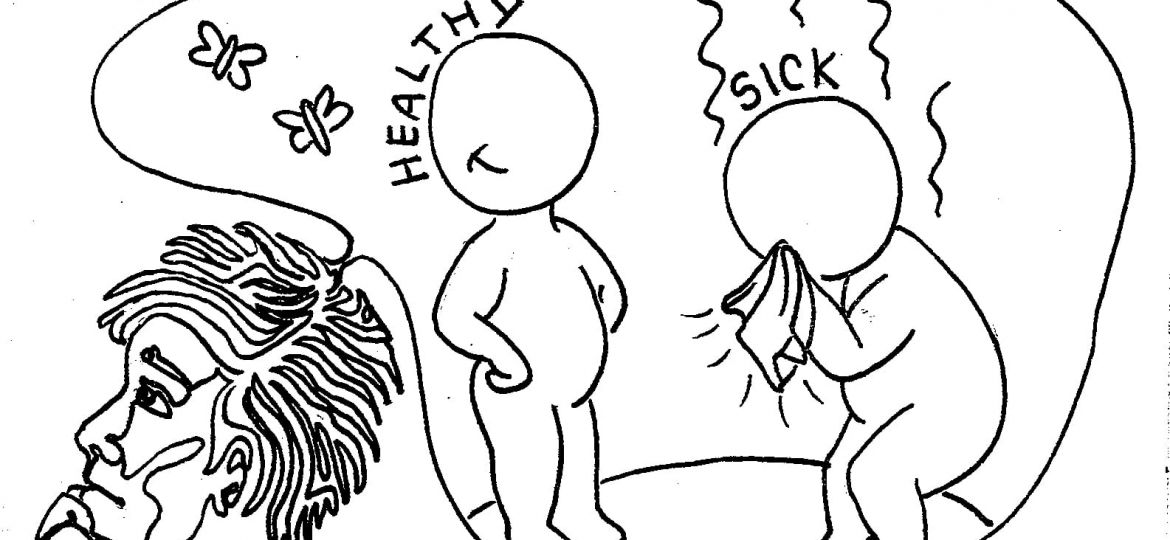
Whenever I bring up antinatalism (the position against bringing new sentient beings into existence) to my friends, most assume its ideas are derived in totality from contemporary environmental concerns. While these topical concerns are valid and should be considered in our discussions about population and reproduction ethics, antinatalism as posited by the likes of David Benatar runs far deeper. Even if the environment was fine, even if resource distribution was fair, even if our politicians were sane, Benatar would still think it rather ill-advised to create new sentient beings.
Benatar’s reasoning is rooted in an intuition he believes most of us share. He says that when we look up at Mars, we think of it as good that war, disease and other forms of suffering do not exist there. However, we do not think of the absence of pleasures on Mars as an evil, for there are no Martian beings lacking these pleasures. While I don’t know if I’ve ever intuited much about the ethics of potential beings, I find Benatar’s reasoning captivating and very much worth exploring because, like Benatar, I place conscious experience, or lack thereof, at the forefront of my morality.
If our moral compass is guided by conscious experience, it would seem there are no goods or evils when no conscious beings exist. However, Benatar argues that it would be good that no suffering exists, even if there were no conscious beings around to experience this lack of suffering. Let us grant that even though no conscious beings exist in this scenario, the good of avoiding potential evils for potential conscious beings exists. The issue then becomes, if good exists due to the lack of suffering of a potential conscious being, why then does evil not exist due to that potential being’s lack of pleasure?
Benatar tries to deal with this objection by creating two characters: Sick and Healthy. Sick gets sick but has the ability to recover from illness quickly. Healthy doesn’t have Sick’s ability to recover from illness quickly, but never gets sick. According to Benatar, because Healthy never gets sick, it is not an evil that he does not have the ability to recover from illness quickly. To Benatar, much like Healthy not being disadvantaged by his lack of ability to recover from illness quickly, a potential being is not disadvantaged by not having pleasure because it has no need of pleasure as it does not exist.
I’m tempted to conclude that Benatar is using two different definitions of potential being in his argument, rendering it incoherent. When Benatar claims that the lack of suffering of a potential being is good, he is using the term “potential being” to describe a theoretically existing being not experiencing theoretically existing suffering. When he says a potential being not experiencing pleasure is not an evil, he is using the term “potential being” to describe an actually nonexistent being not experiencing pleasure.
Benatar might be well aware of this and refer me once again to his intuition that it is not an evil that there is no pleasure on Mars, but it is a good that there is no suffering there. Of course, how much weight can an intuition really carry?
Iain Carlos ’20 (irwin2@stolaf.edu) is from Chicago, Ill. He majors in religion.






